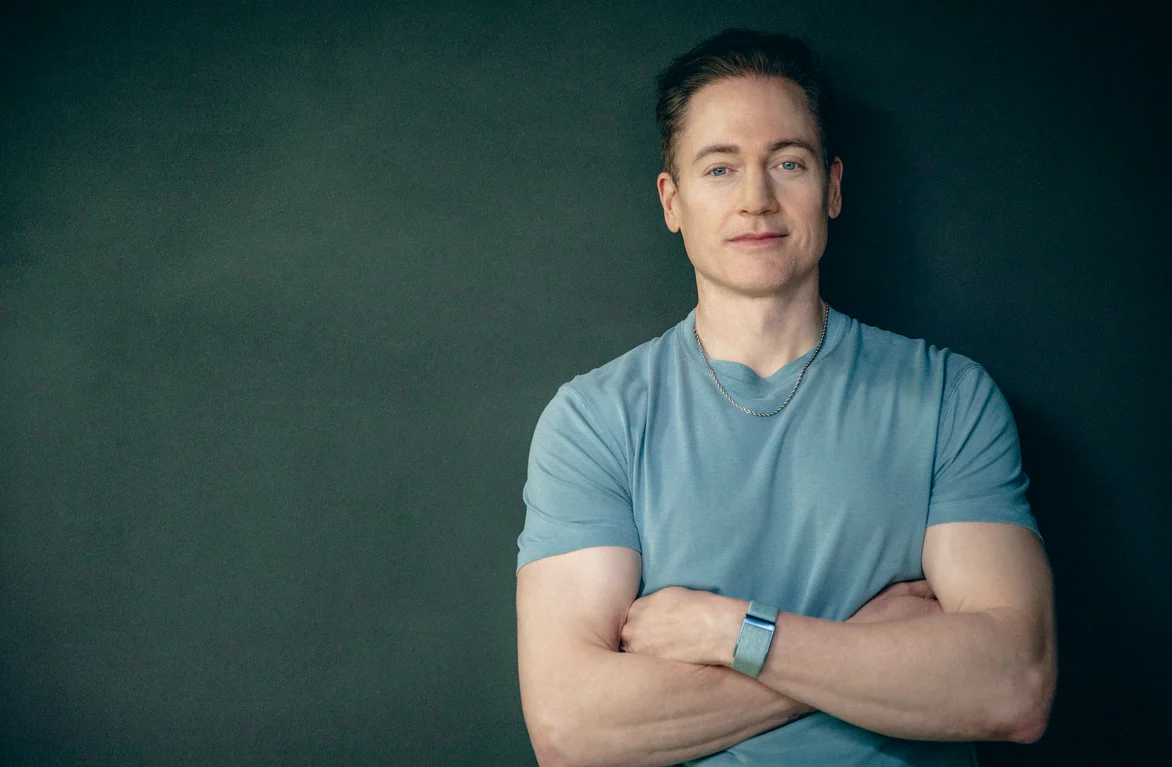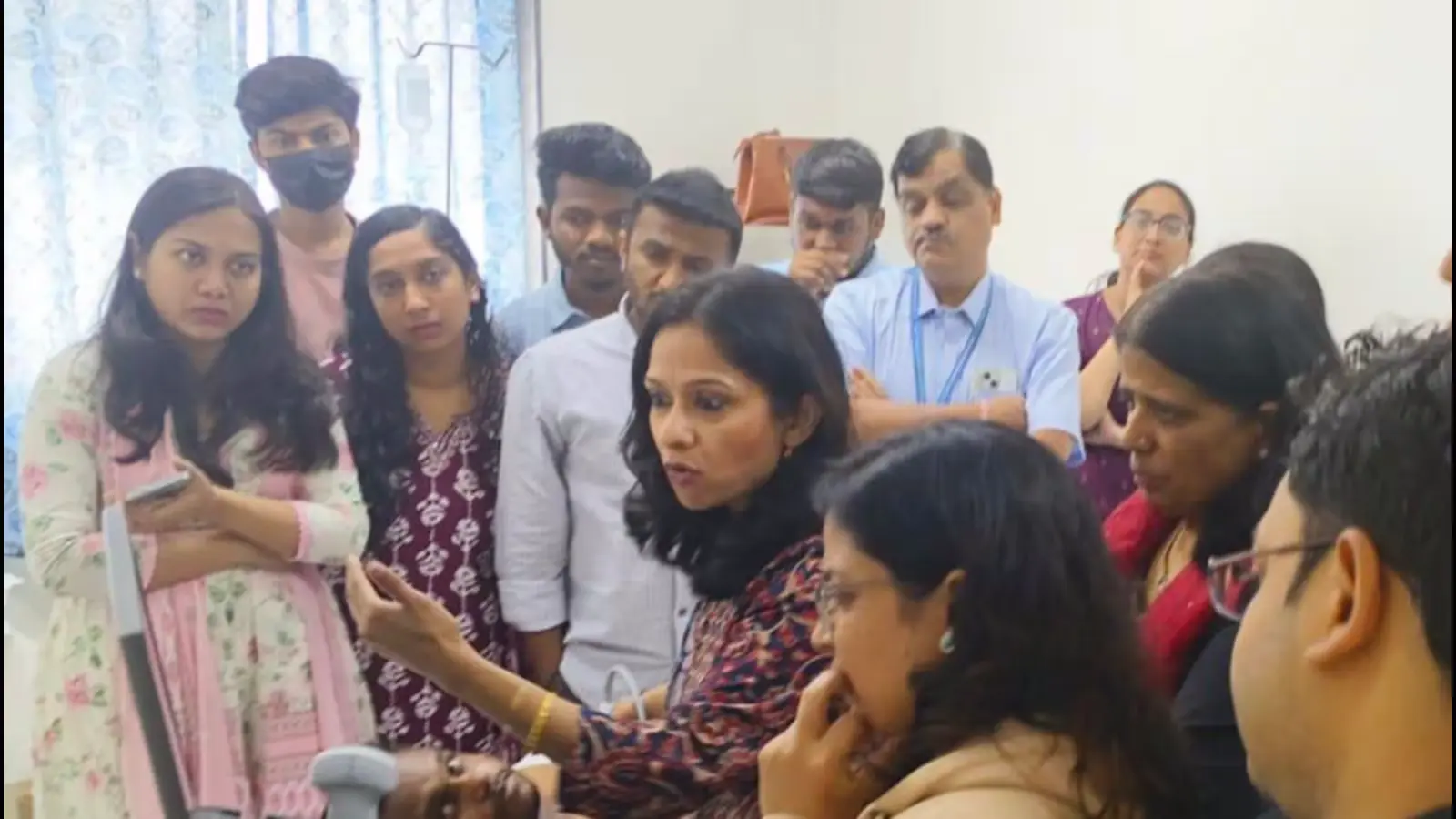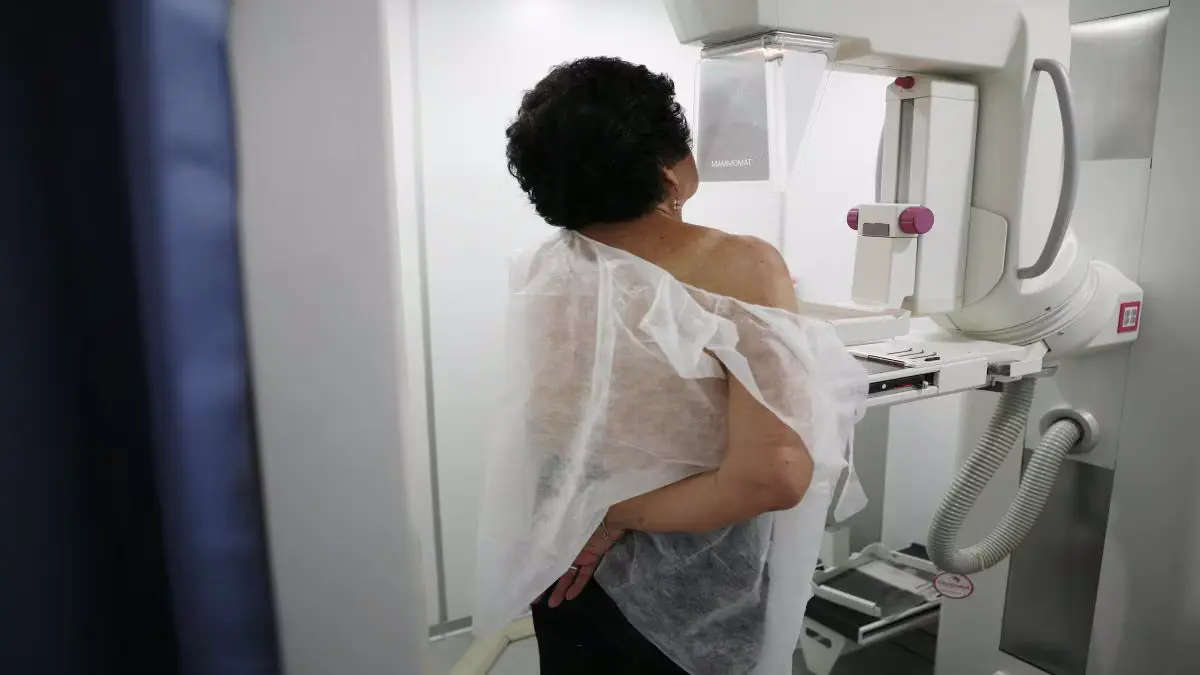Diabetes mellitus is one of the top three major health burdens of the world and one of the fastest-growing global health emergencies of the 21st century. India is the second most diabetes-prevalent country with 74.2 million people with diabetes and it has been projected that nearly 124.9 million people will be diabetic by 2045.
Till the last decade, entire research was dedicated to controlling the disease rather than looking for remission. The concept of reversal of diabetes is complex similar to the pathogenesis of diabetes. Usually, we encounter two types of diabetic patients, in one variant, patients are insulin deficient and in another variant of patients’ insulin is either released sub-optimally from the pancreas or even if it releases it is not capable of functioning efficiently. The treatment of the first one is insulin therapy only but in the second case, we may try certain strategies to make the pancreas more obedient and to create an environment for the proper action of insulin.
Weight reduction is considered as the most powerful tool to overcome insulin resistance, glucotoxicity, and lipotoxicity, the pathophysiologic troublesome trio of type 2 diabetes. It has been seen that >15 % of baseline weight reduction was associated with remission of diabetes.
Effective ways of reducing weight are intensive lifestyle modification, intensive medical management, and bariatric / metabolic surgeries. We can choose any of the ways to reduce weight and subsequently create a favorable atmosphere for insulin action.
Though it appears to be a new concept, way back in the early 21st century a lifestyle intervention trial “LOOK AHEAD” showed weight reduction as low as 7% of the baseline weight by lifestyle intervention was associated with the delayed occurrence of diabetes in prediabetic patients and reduction of HbA1c in diabetic patient to the prediabetic range. A handful of studies have reported successful weight loss with decreased insulin resistance, plasma glucose, and medication use following a very low-calorie diet (VLCD). VLCD means intake of 800 kcal per day. A primary care-based weight management trial for the remission of type 2 diabetes, the DiRECT trial showed 46% of patients met the study criteria of diabetes remission (HbA1c target without any glycemic medications) and at two years the remission rate was 36%.
People have tried, intermittent fasting also for weight reduction and diabetes reversal, although the concept was promising but it was associated with a higher discontinuation rate.
Later in a series, 515 morbidly obese patients underwent gastric bypass surgery, and nearly 88.7% of patients became euglycemic following that procedure. In a nation wise registry-based cohort study in Sweden on gastric bypass procedures, it has been seen that 67% of patients with drug treatment of type 2 diabetes before surgery were not using antidiabetic medication 2 years after surgery. Patients with a shorter duration of diabetes (< 2 years) had a better remission rate of 88% as compared to 58% among patients with a longer duration of diabetes (>2 years) after 2 years of intervention. Similar benefit was also observed in STAMPED trial, a metabolic surgery trial.
In 2009 a consensus statement initiated by the American Diabetes Association (ADA) addressed the issue of remission of diabetes. In that consensus “remission,” signifying “abatement or disappearance of the signs and symptoms,” be adopted as a descriptive term. “Remission should be defined as a return of HbA1c to < 6.5% (<48 mmol/mol) that occurs spontaneously or following an intervention and that persists for at least 3 months in the absence of usual glucose-lowering pharmacotherapy.
Later, reversal stages have been proposed by an Indian author, he stated that reversal should not be considered an all or none phenomenon, rather it should be a continuum of stages ranging from stage 0 of no medication to stage 6 that says HbA1c of 5.7% to 6.4% with three or more medication. This was usual definition, but we feel the effect of weight reduction persists for longer than the defined period of 3 months.
As a part of intensive medical therapy, insulin therapy has already been tried for diabetes remission, but left aside due to risk of hypoglycemia and hospitalization hazard. Medical management is also possible with newer GLP1 receptor agonists and with certain combination therapy. Although still in an early stage, the results are promising. Some of these medications are now available in India also. Only issue is all these strategies are not suitable for everyone and everything need to be supervised by medical professionals. Keeping all pros and cons under consideration we advocate intensive lifestyle modification by optimum diet and supervised exercise for weight reduction and thus diabetes reversal because weight reduction is endless, and benefits are uncountable with such strategy.
Professor Pinaki Dutta Department of Endocrinology, PGIMER, Chandigarh and Dr Ananda Mohan Chakraborty, PGIMER





















